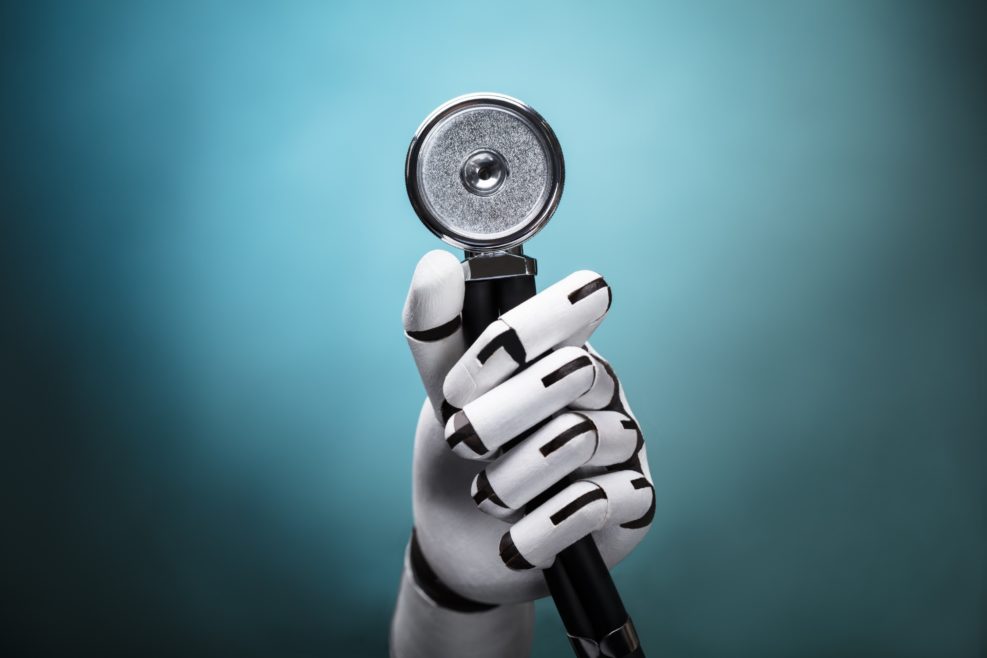
More COSM 2023 Videos on YouTube!
The third tranche of COSM videos cover graphene, AI and capital markets, and George Gilder's "Life After Capitalism"The third tranche of COSM 2023 videos is now available — covering an array of fascinating topics, such as graphene, how artificial intelligence impacts venture capital markets, and the principles of George Gilder’s book Life After Capitalism to name a few. If you weren’t able to attend, or perhaps you want to revisit some of your favorite speakers, take a look at our COSM 2023 playlist on YouTube! A few highlights of the recently released videos: “It is the strongest material known to man. It is also incredibly conductive, thermally stable, chemically stable, and has all these incredible applications such as strengthening composites to reinforce cement, plastics, things like that, all the way up to making flexible electronics and touch Read More ›


















